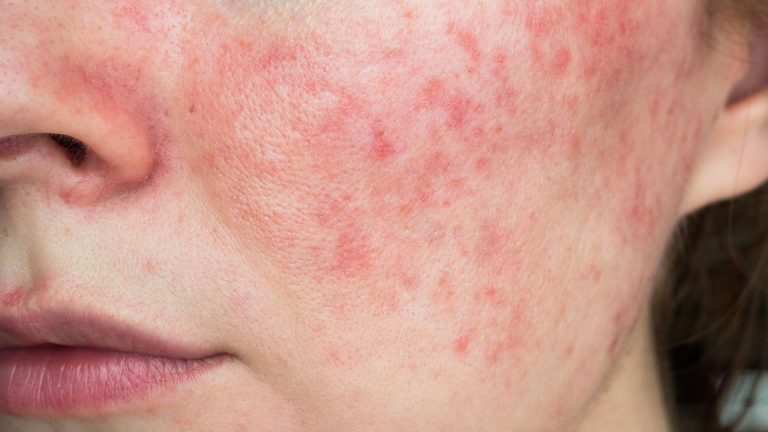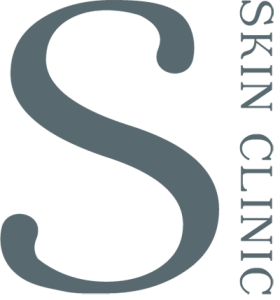Acne rosacea, commonly known simply as rosacea, is a chronic dermatological condition that affects millions worldwide. Manifesting as redness, flushing, and visible blood vessels, often accompanied by pimples and swelling on the face, rosacea poses not only a physical challenge but also a psychological one, affecting individuals’ confidence and social interactions. The complexity of rosacea, with its unknown precise cause and varied symptoms, invites a multi-faceted approach to treatment, including insights from both allopathic (Western medicine) and Ayurvedic (traditional Indian medicine) perspectives.
Allopathic Approach to Rosacea
Allopathic medicine offers several treatment options for managing rosacea, focusing primarily on symptom relief and prevention of progression. Treatment plans are often tailored to the severity and type of rosacea, with common strategies including:
- Topical and Oral Medications: Antibiotics and retinoids are frequently prescribed to reduce inflammation and control bacterial growth. Anti-inflammatory creams may also be used to alleviate redness and swelling.
- Laser Therapy and Procedures: For more severe cases, laser treatments can help reduce redness and correct visible blood vessels, improving the skin’s appearance and texture.
The allopathic approach is largely reactive, addressing the symptoms of rosacea and aiming to prevent flare-ups triggered by environmental factors and lifestyle choices.
Ayurvedic Perspective on Rosacea
Ayurveda, the ancient system of medicine from India, interprets rosacea through the lens of doshic imbalances, specifically an excess in pitta dosha, which governs heat and metabolism in the body. Rosacea, in this context, is seen as a manifestation of excess heat and inflammation, pointing to internal imbalances rather than just external triggers.
Ayurvedic Treatment Approach
- Cooling Herbs: Ayurveda recommends the use of herbs with cooling properties, such as neem, aloe vera, and sandalwood, to soothe the skin and reduce inflammation.
- Pitta-Pacifying Diet: A diet that balances pitta by incorporating cooling foods and avoiding hot, spicy, and acidic foods can help manage rosacea symptoms.
- Stress Management: Techniques such as yoga, meditation, and pranayama (breath control) are encouraged to reduce stress, a known aggravator of rosacea.
- Detoxification: Panchakarma, a detoxifying therapy, aims to cleanse the body of accumulated toxins, restoring balance and health.
Combining Approaches for Holistic Care
Integrating allopathic and Ayurvedic approaches can offer a more comprehensive treatment plan for rosacea, addressing both the symptoms and the underlying imbalances. Such a holistic strategy not only aims to mitigate the immediate discomfort but also works towards long-term health and skin vitality.
Important Considerations
- Professional Guidance: Always consult with healthcare professionals, including dermatologists and certified Ayurvedic practitioners, before embarking on any treatment plan.
- Patience with Treatment: Both allopathic and Ayurvedic treatments may require time to show results. Patience and consistency are key.
- Trigger Management: Identifying and avoiding personal triggers, such as certain foods, extreme temperatures, and stress, can help prevent rosacea flare-ups.
Conclusion
Rosacea, with its multifactorial nature, demands a nuanced treatment approach. By embracing both allopathic and Ayurvedic perspectives, individuals can benefit from a well-rounded care plan that not only targets the visible symptoms of rosacea but also addresses the internal factors contributing to the condition. This integrative approach fosters a deeper understanding of one’s health, encouraging lifestyle changes and practices that support overall well-being and skin health.
In navigating the journey of managing rosacea, the fusion of allopathic precision and Ayurvedic wisdom offers a promising path towards achieving not just clearer skin, but also a harmonious balance within the body. As we continue to explore and understand the complexities of rosacea, the collaboration between these two medicinal worlds illuminates the way towards more effective, compassionate, and holistic dermatological care.



